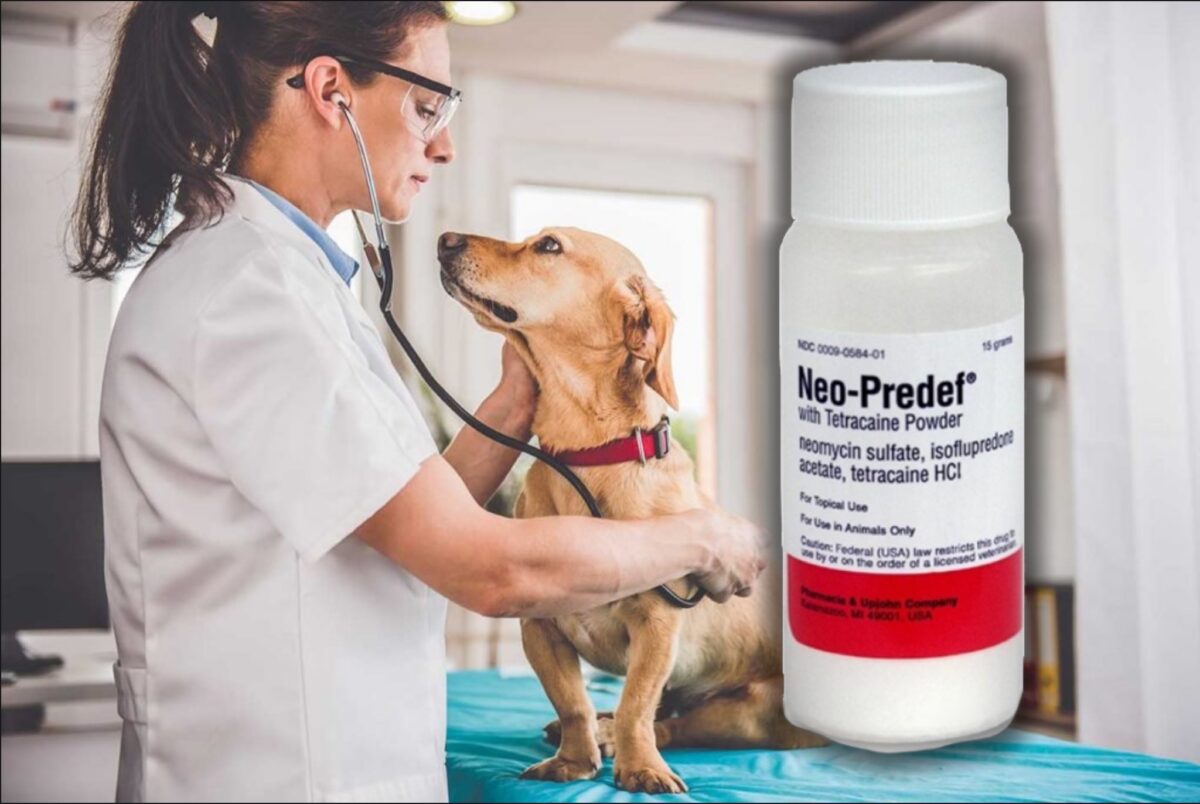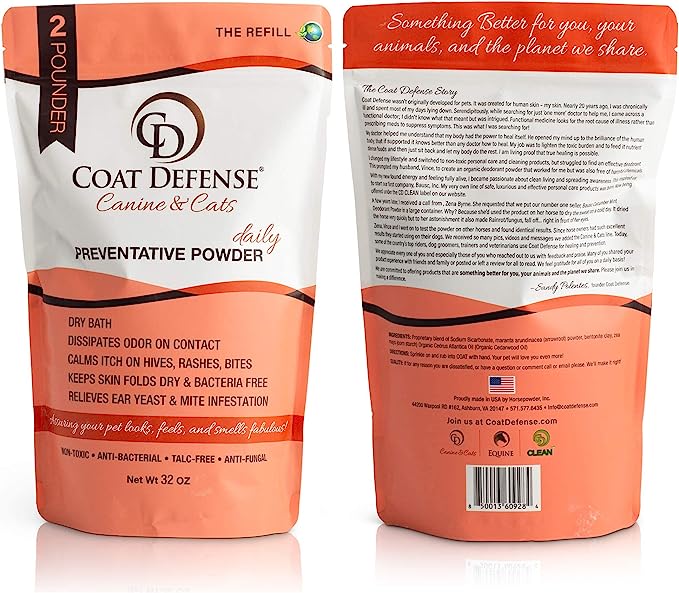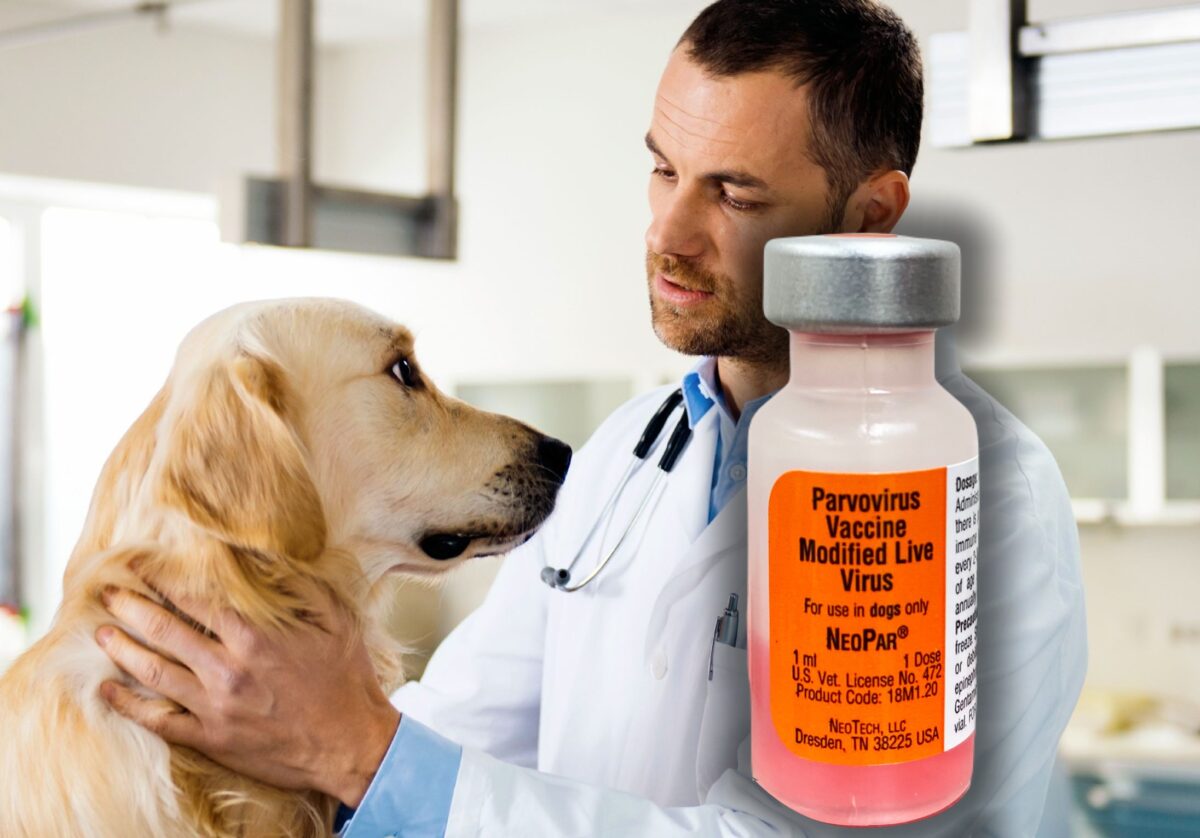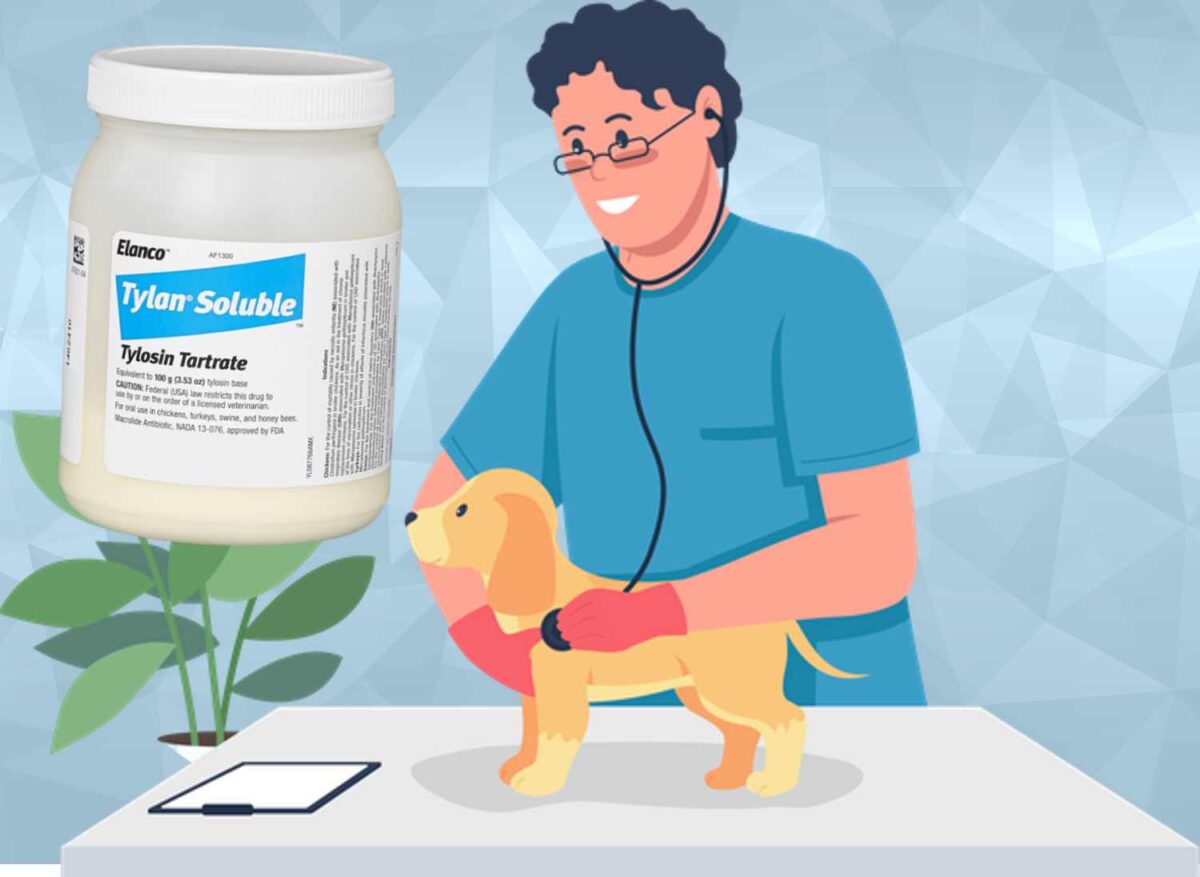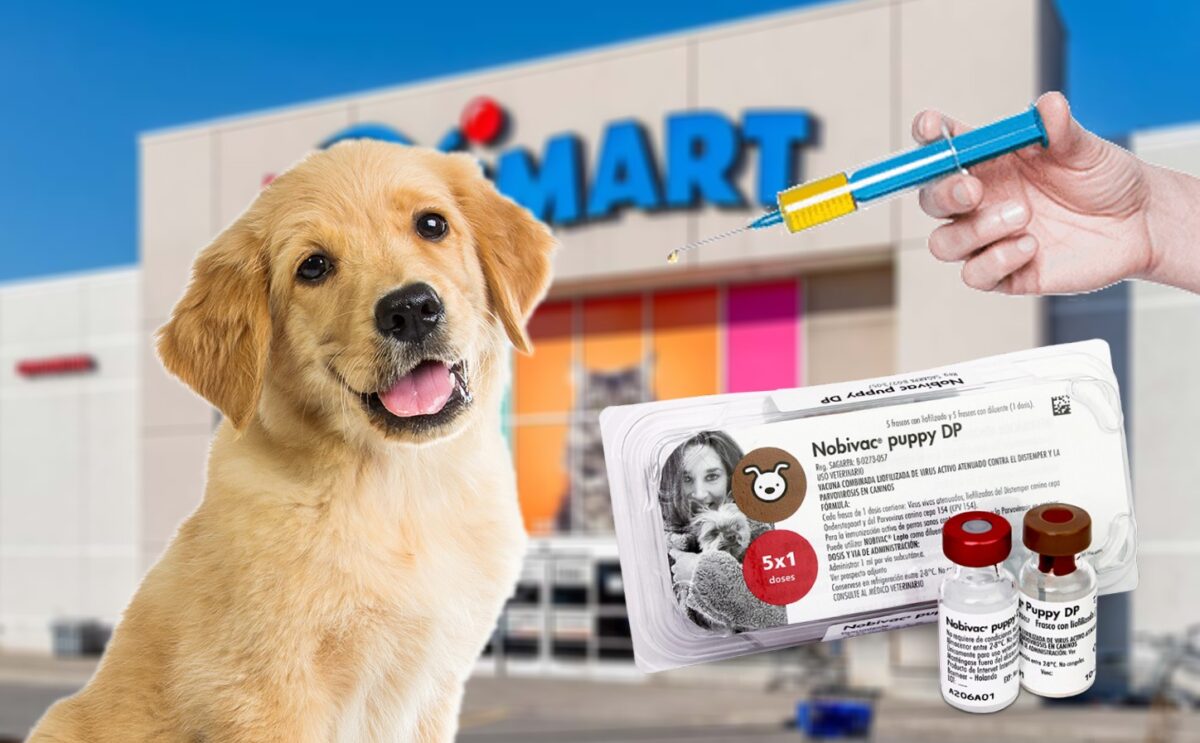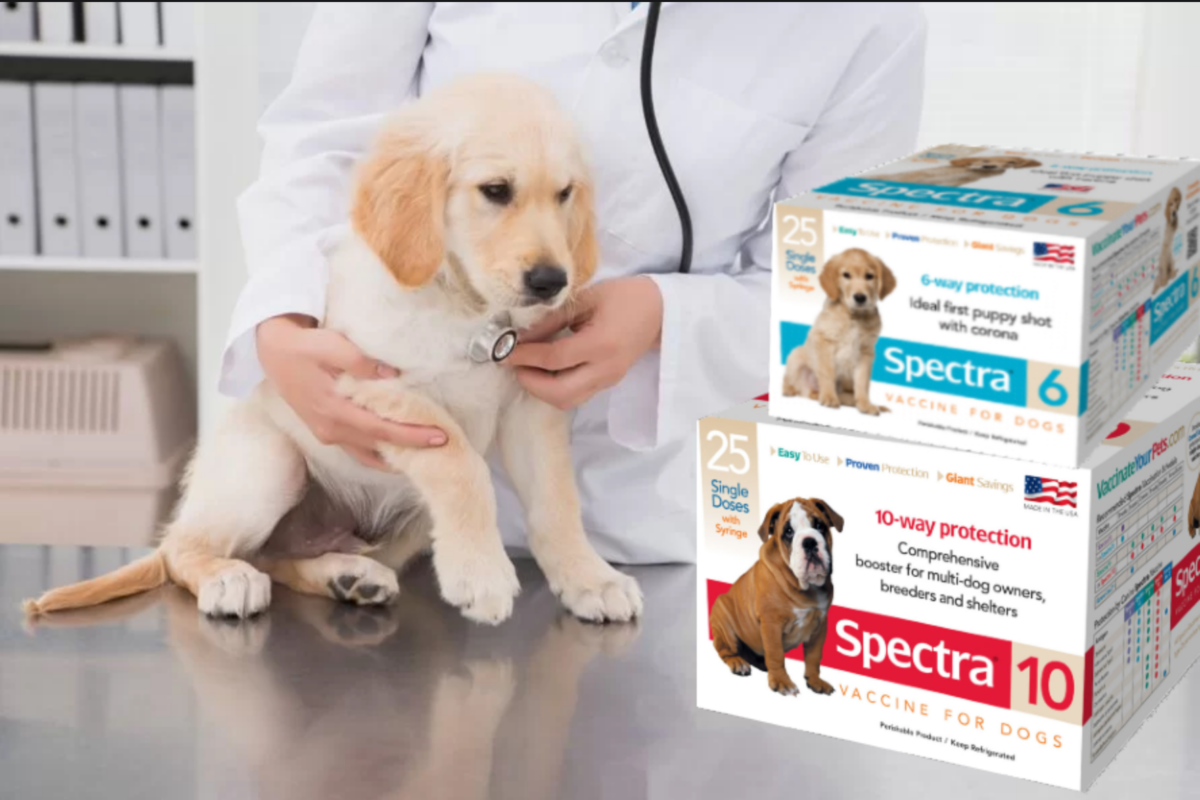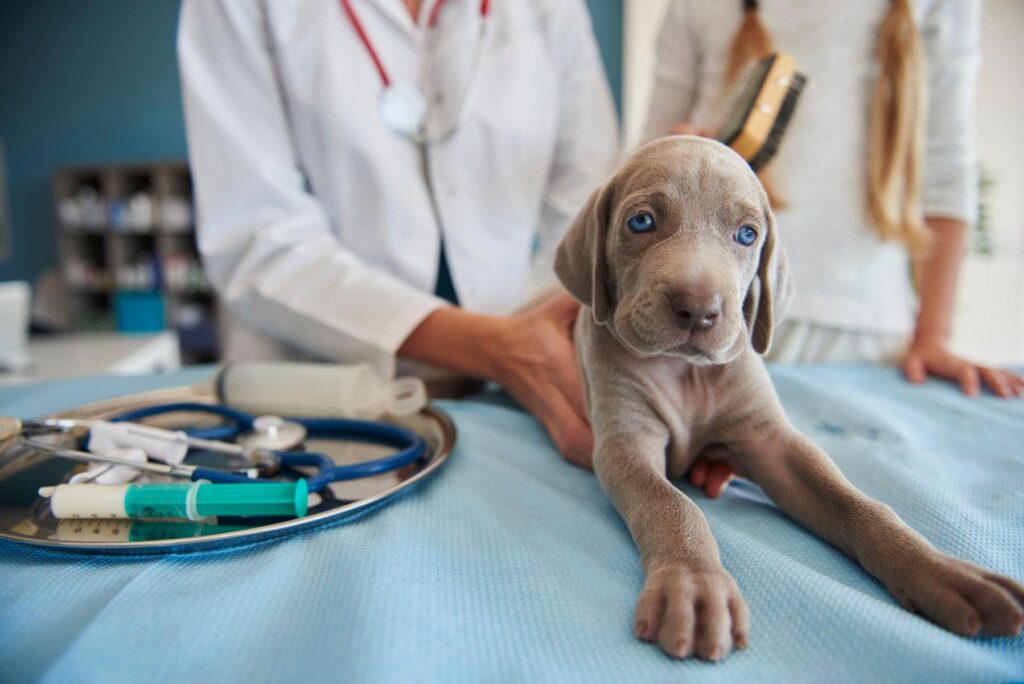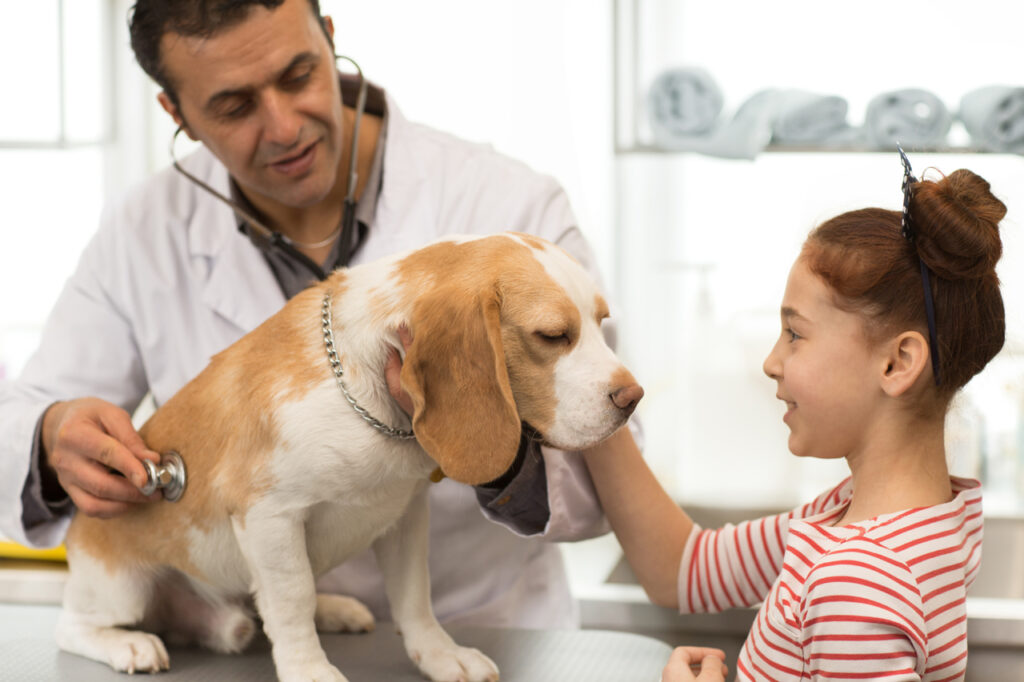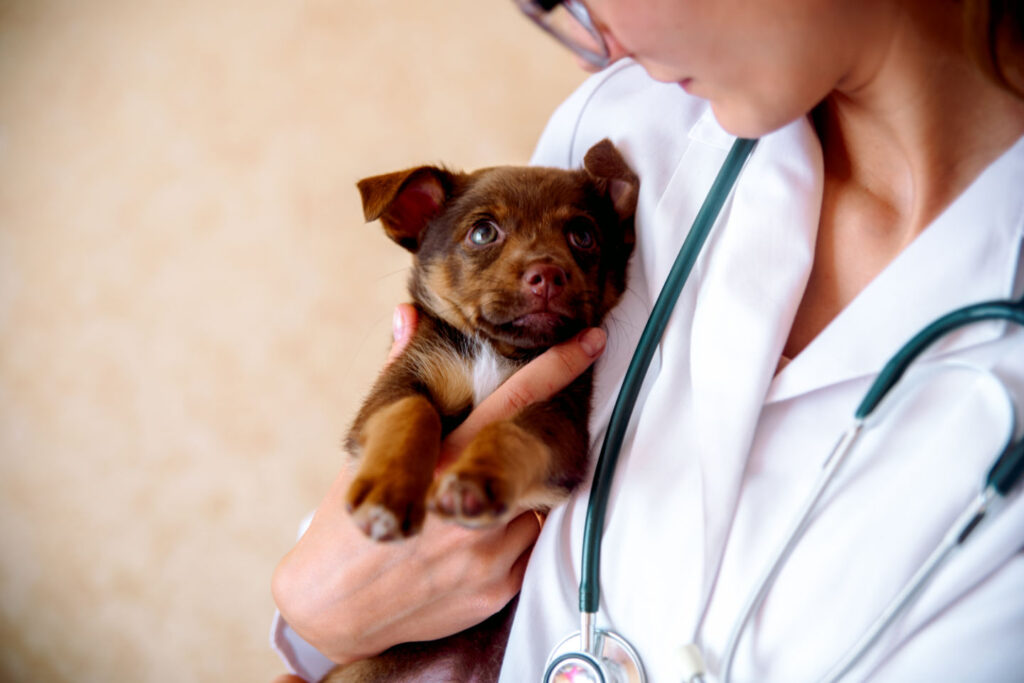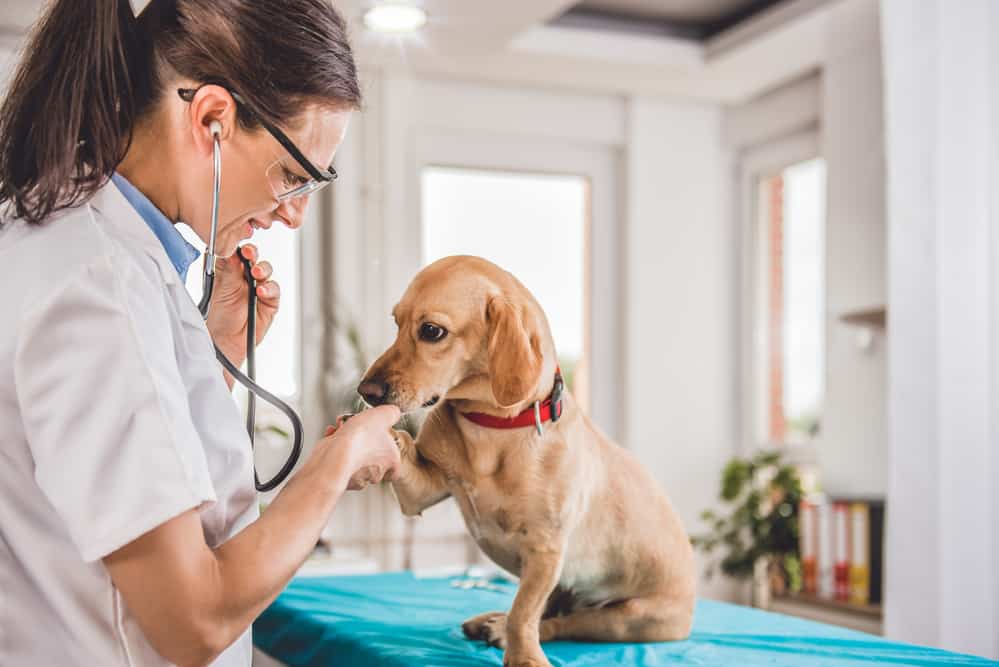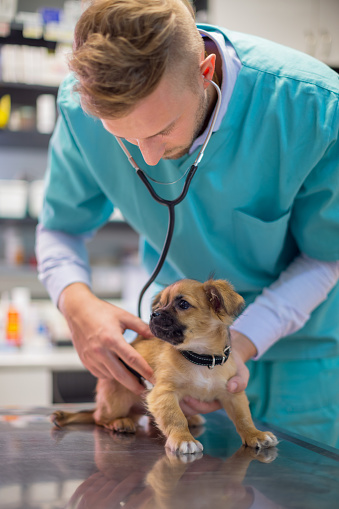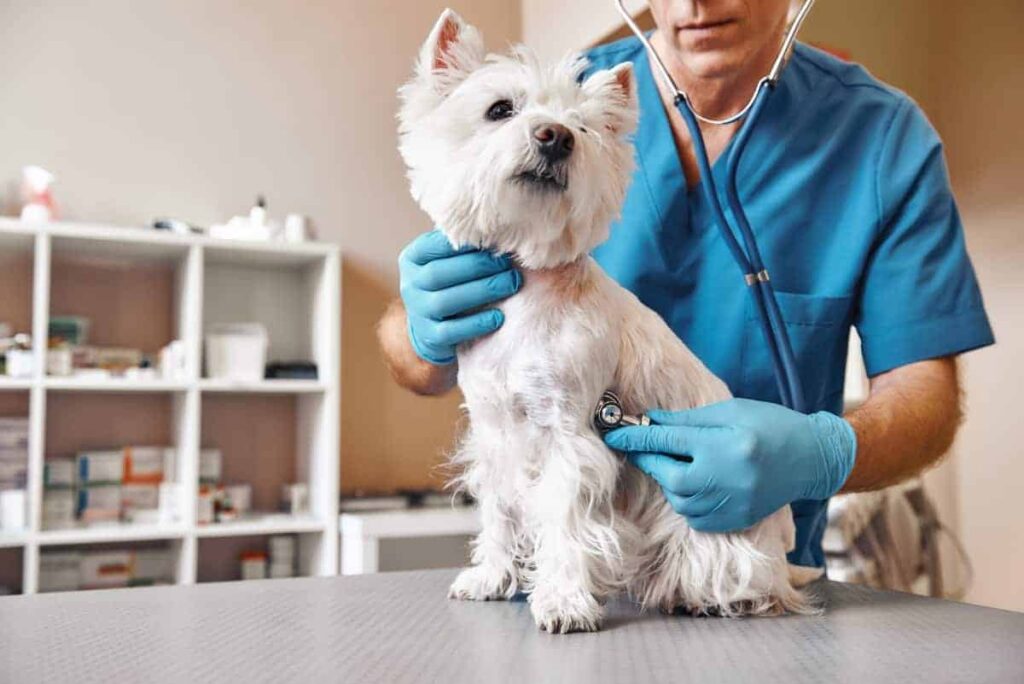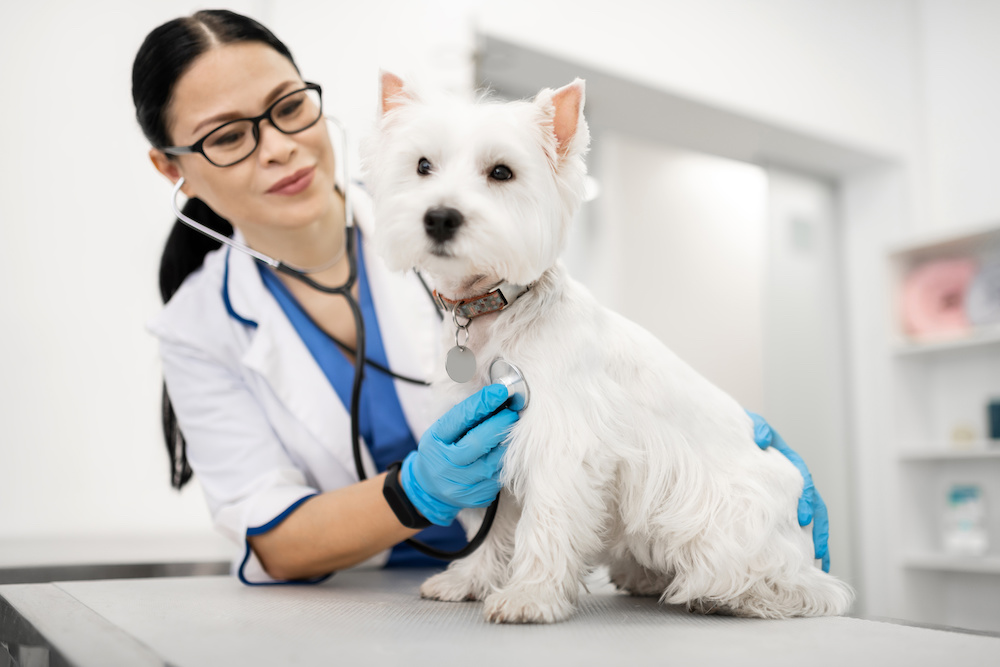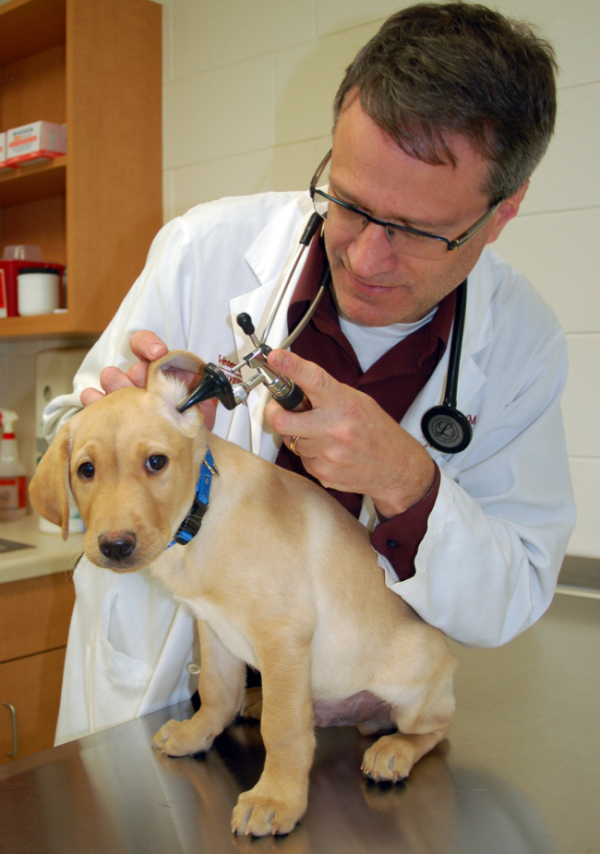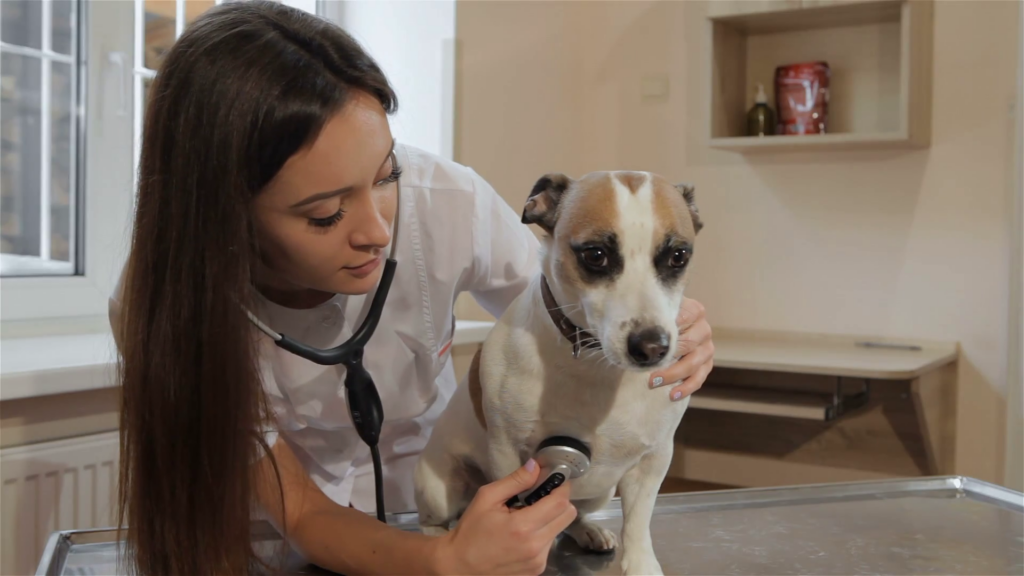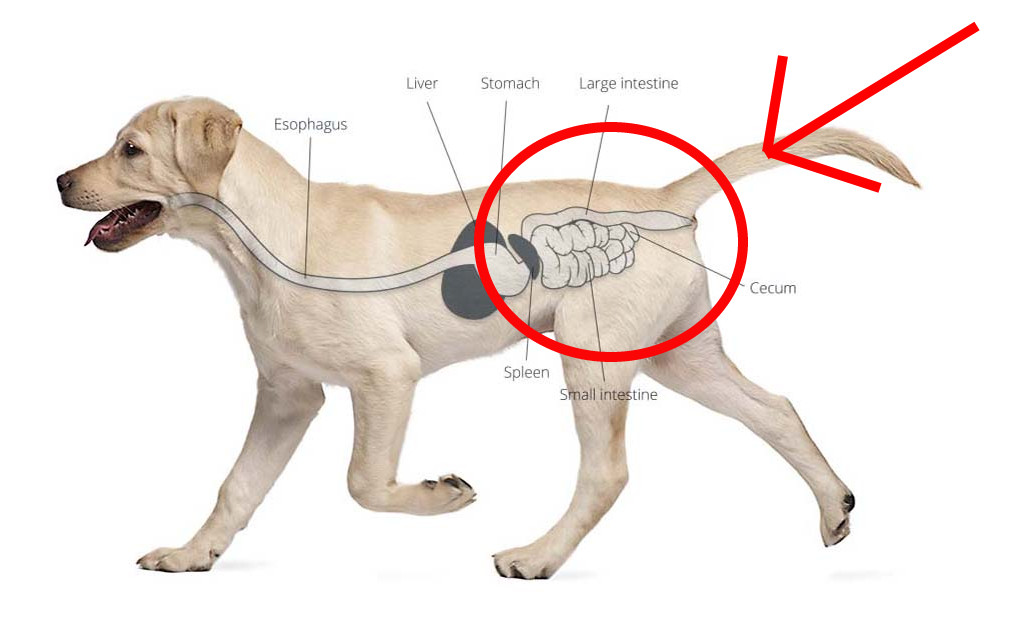Neo Predef Powder: Powerful Antibiotic for Pets
Introduction
Learn About Neo Predef Powder
Want to learn about Neo Predef Powder? Read on to find out!
Looking for a powerful topical medication to treat your dog’s skin conditions? Look no further than Neo Predef Powder. This remarkable powder, containing neomycin sulfate, has gained immense popularity among pet owners for its exceptional benefits. Designed specifically for our furry friends, Neo Predef Powder offers a wide spectrum of advantages that can help alleviate various skin issues. Available on Vetsource.
With its unique formulation, Neo Predef Powder, a topical medication containing neomycin sulfate and prednisolone acetate, acts as an effective treatment option, targeting and addressing the root causes of skin conditions in pets. Whether it’s dermatitis, allergies, or other irritations, Neo Predef Powder provides relief and promotes healing. Its efficacy is well-known among veterinarians and pet owners alike. Vetsource is a trusted source for obtaining this powerful medication.
Don’t let your beloved dog or cat suffer any longer—Neo Predef Powder, with neomycin sulfate, is here to provide the care they deserve. Trust in this trusted solution from vetsource that has already transformed the lives of countless pets across the globe.
Our Top Pick:
Coat Defense Canine Preventative Powder
- Treats, calms, and soothes skin irritation
- Calms itch on rashes, hives, and bites
- Keeps skin dry and bacteria-free
- Natural remedy that cools hot spots
What is Neo Predef Powder and Its Purpose?
Neo Predef Powder is a magical potion for our furry friends, specifically designed to tackle skin issues in dogs and cats. This powerful powder contains a blend of neomycin sulfate, prednisolone acetate, and other ingredients that work together to provide relief and promote healing. Let’s dive into the composition, purpose, and how this wonder powder works its magic. Plus, it’s available through vetsource with a prescription.
Composition and Purpose
Neo Predef Powder is a prescription medication used for the treatment of bacterial infections in both dogs cats and horses. It consists of three key ingredients: neomycin sulfate, isoflupredone acetate, and tetracaine hydrochloride. Neomycin sulfate is an antibiotic that helps combat bacterial infections, while isoflupredone acetate acts as topical anesthetic and anti-inflammatory agent to reduce swelling and irritation. Tetracaine hydrochloride serves as a local anesthetic, providing temporary relief from pain.
Neo-Predef with Tetracaine is an antibacterial topical powder prescribed by your veterinarian to decrease the symptoms of certain ear and skin conditions in dogs, including ear infections, hot spots and skin infections found between the toes. It’s also useful as a dusting powder for various minor cuts, lacerations and abrasions in dogs, cats and horses. It’s easy to apply—simply spread the powder over the affected area for quick relief.
Anesthetic Neo-Predef with Tetracaine Powder is indicated in the treatment or adjunctive therapy of certain ear and skin conditions — in dogs, cats and horses — caused by or associated with neomycin susceptible organisms and/or allergy. In addition, it is indicated as superficial dressing applied to minor cuts, wounds, lacerations and abrasions.
The purpose of Neo Predef Powder is to treat various skin conditions occurring in our beloved dogs. It can be used for the treatment and management of hot spots, dermatitis (both acute and chronic), interdigital cysts, lick granulomas, and other skin irritations caused by allergies or infections. This versatile powder offers a multi-pronged approach to effectively address these issues, utilizing neomycin sulfate and prednisolone acetate for optimal dog treatment.
How Neo Predef Powder Works
When applied topically to the affected area, Neo Predef Powder, a medication for skin treatment, gets straight to work. The neomycin sulfate fights off harmful bacteria that may be causing or exacerbating the skin problem. By eliminating these pesky microbes, it helps prevent further infection and promotes healing. Additionally, the powder contains prednisolone acetate and tetracaine, enhancing its effectiveness in providing relief and reducing discomfort.
Applied superficially, Neo Predef powder has been used successfully in the treatment of acute otitis externa, acute moist dermatitis and interdigitial dermatitis in dogs, and as a dusting powder to various minor cuts, lacerations, and abrasions in the horse, cat and dog.
Isoflupredone acetate swoops in as the superhero anti-inflammatory component of the medication and tetracaine powder. It reduces redness, itching, swelling, and discomfort associated with inflammatory reactions or with prolonged contact with irritated skin, providing immediate relief and promoting natural healing. The soothing and numbing effect of the tetracaine powder and neomycin sulfate treatment gives our furry pals a chance to heal naturally.
Tetracaine hydrochloride, a topical powder medication, adds another layer of comfort by acting as a local anesthetic for cats. It numbs the area temporarily so that your pet experiences less pain or discomfort. This is particularly helpful for conditions like lick granulomas, where pets tend to obsessively lick and chew the affected area. Additionally, prednisolone acetate can be used in conjunction with the tetracaine powder hydrochloride for enhanced relief.
Specific Ingredients
Let’s take a closer look at the specific active ingredients here, neomycin sulfate and tetracaine, individual components that make up Neo Predef Powder, a medication for ear-related issues.
Neomycin Sulfate: An antibiotic that fights bacteria.
Isoflupredone Acetate: An anti-inflammatory medication that reduces swelling and irritation. It can be used in combination with tetracaine powder and neomycin sulfate as a topical powder.
Tetracaine Hydrochloride: A medication and local anesthetic that provides temporary pain relief. It is available as a topical powder and may be used in combination with neomycin sulfate for skin infections.
These ingredients, along with the tetracaine topical powder, work synergistically to combat infections, reduce inflammation, and alleviate discomfort in cats. Together, they form a powerful combination that helps restore your pet’s skin to its healthy state. Additionally, the medication, tetracaine topical powder, can provide further relief.
Benefits of Neo Predef Powder for Dogs and Cats:
Relief from Skin Problems
Neo Predef Powder is a highly effective medication for treating various skin problems in dogs and cats. It provides relief from itching, inflammation, and infections caused by bacteria. The powder contains neomycin sulfate, which is an antibiotic medication that helps eliminate harmful bacteria on the skin’s surface. This helps prevent further infections and promotes faster healing.
Effective Against Bacterial Infections
One of the key benefits of Neo Predef Powder is its ability to combat bacterial infections in cats. The neomycin sulfate medication present in the powder works by inhibiting the growth of bacteria, thereby reducing the risk of secondary infections. Whether your pet cat has a minor scratch or a more severe wound, administering Neo Predef Powder can help prevent bacterial growth and promote healing.
Soothes Itchy Skin
Itchy skin and ear infections can be incredibly uncomfortable for cats, leading to excessive scratching and discomfort. Neo Predef Powder contains prednisolone acetate, a corticosteroid medication that helps reduce itching and inflammation. By applying the powder to affected areas, you can provide immediate relief to your furry friend and alleviate their distress caused by infections.
Promotes Overall Pet Health
By addressing skin problems promptly with Neo Predef Powder, you can contribute to your cat’s overall health and well-being. Skin issues left untreated can worsen over time and potentially lead to more serious health complications, including infections. Regular use of Neo Predef Powder not only treats existing skin problems but also prevents them from escalating into more significant concerns. This medication is specifically formulated for cats.
Easy Application
Applying Neo Predef Powder is simple and hassle-free for cats with skin infections. The medication powder comes in a convenient bottle with an easy-to-use applicator tip, allowing for precise application of topical powder directly onto affected areas. This ensures that the topical powder reaches where it’s needed most without causing any additional discomfort to your pet.
Suitable for Dogs and Cats
Whether you have a dog or cat at home, Neo Predef Powder is a suitable medication for both species. It is formulated to address the specific skin and eye problems commonly in dogs cats and horses and faced by both dogs cats and both dogs cats and horses, making it a versatile solution for pet owners with multiple furry companions.
Uses of Neo Predef Powder for Skin Conditions in Pets:
Common skin conditions in dogs and cats that can be treated with Neo Predef Powder
Skin conditions are a common problem among our furry friends, causing discomfort and irritation. Luckily, Neo Predef Powder is a go-to medication for many dermatological issues in both dogs cats and cats. It provides relief from various skin conditions, including medication.
Dermatitis: This inflammatory condition affects the skin and can be caused by allergies, infections, or irritants. Neo Predef Powder helps reduce inflammation and soothes itching associated with dermatitis.
Hot spots: Hot spots are moist, red areas on the skin that result from excessive licking or scratching. They can be painful for pets and lead to further complications if left untreated. Applying Neo Predef Powder to hot spots helps dry them out and promotes healing.
Interdigital cysts: These cysts develop between the toes of dogs and can cause discomfort while walking or running. By applying Neo Predef Powder to the affected area, you can help alleviate pain and aid in the healing process of skin infections.
Eczema: Eczema is characterized by dry, itchy patches on the skin. It commonly occurs due to allergies or environmental factors. Neo Predef Powder offers relief by reducing inflammation and soothing itchiness associated with eczema.
Specific examples of dermatological issues where the powder is effective
Neo Predef Powder has proven to be highly effective in treating a range of specific dermatological issues, including skin and eye infections and, in pets.
Allergic reactions: Pets may develop allergic reactions to certain foods, environmental allergens like pollen or dust mites, or even flea bites. These reactions often manifest as itching, redness, and inflammation on their skin. Using Neo Predef Powder helps relieve these symptoms quickly.
Pyoderma: Pyoderma refers to bacterial skin infections that cause pustules or sores on your pet’s skin. Neo Predef Powder contains an antibiotic component that helps fight the infection and promotes healing.
Post-surgical wounds: After undergoing surgery, pets may have surgical wounds that require proper care and management. Neo Predef Powder can be applied to these wounds to prevent infections and promote faster healing.
Anal gland issues: Dogs commonly experience anal gland problems, which can lead to discomfort and even infection. Applying Neo Predef Powder around the anal area helps soothe irritation, reduce inflammation, and prevent skin infections.
Why veterinarians often recommend using Neo Predef Powder for certain skin ailments
Veterinarians frequently recommend Neo Predef Powder for specific skin conditions in pets due to its effectiveness and ease of use. Here are a few reasons why it is a preferred choice:
Quick relief: Neo Predef Powder provides fast relief from itching, inflammation, and pain associated with various skin conditions. This allows your pet to feel more comfortable while their skin heals.
Antibacterial properties: The powder contains an antibiotic component called neomycin, which helps combat bacterial infections commonly associated with dermatological issues in pets.
Easy application: Applying Neo Predef Powder is simple and hassle-free, even for skin infections.
How to Properly Use Neo Predef Powder for Optimal Results:
Step-by-step instructions on how to apply the powder correctly
Clean the affected area: Before applying Neo Predef Powder, it is essential to clean the affected area thoroughly. Gently wash the area with a mild soap and warm water, ensuring that any dirt or debris is removed.
Before instilling any medication into the ear, examine the external ear canal thoroughly to be certain the tympanic membrane is not ruptured in order to avoid the possibility of transmitting infection to the middle ear as well as damaging the cochlea or vestibular apparatus from prolonged contact.
Dry the area: After cleaning, make sure to dry the area completely. Moisture can hinder the effectiveness of Neo Predef Powder, so pat dry using a clean towel or allow it to air dry naturally.
Apply a thin layer: Take a small amount of Neo Predef Powder and sprinkle it directly onto the affected area. Ensure that you cover all areas evenly with a thin layer of powder.
Rub gently: Using your fingers, gently rub the powder into the skin until it is well distributed and absorbed.
Repeat as necessary: In most instances a single daily application will be sufficient; however, depending on your pet’s condition, you may need to reapply Neo Predef Powder multiple times throughout the day. Follow your veterinarian’s instructions regarding frequency and duration of use.
If hearing or vestibular dysfunction is noted during the course of treatment, discontinue use and consult with your veterinarian.
The recommended frequency and duration of use for best outcomes
Frequency: The frequency of application will depend on your pet’s specific condition and severity. Typically, Neo Predef Powder should be applied two to three times daily or as directed by your veterinarian.
Duration: It is crucial to continue using Neo Predef Powder for as long as recommended by your veterinarian, even if symptoms improve or disappear before completing treatment. Discontinuing use prematurely may result in a recurrence of the problem.
Tips on storing the product properly to maintain its effectiveness
Keep in a cool, dry place: Store Neo Predef Powder in a cool and dry place at controlled room temperature (between 68° – 77°F) away from direct sunlight or excessive heat.
Seal tightly after each use with tetracaine powder: Ensure that the container is tightly sealed after each application of tetracaine powder to prevent moisture from entering and compromising its effectiveness.
Check expiration date: Before using Neo Predef Powder, always check the expiration date to ensure that it is still within its shelf life. Expired products may not be as effective and should be discarded.
By following these steps and guidelines, you can use Neo Predef Powder effectively to treat your pet’s skin condition. Remember to consult with your veterinarian for specific instructions tailored to your pet’s needs. Proper application and adherence to the recommended frequency and duration will help maximize the benefits of this product.
Conclusion
In conclusion, Neo Predef Powder is an effective solution for treating various skin conditions in dogs and cats. With its unique formulation, it offers several benefits that can help improve the overall health and well-being of your beloved pets.
By using Neo Predef Powder, you can provide relief to your pets from itching, inflammation, and bacterial infections. Its antibacterial properties help combat the underlying causes of skin issues, promoting faster healing and preventing further complications.
To ensure optimal results when using Neo Predef Powder, it is important to follow the proper application guidelines. Cleanse the affected area thoroughly before applying a thin layer of powder. Repeat this process as directed by your veterinarian until the condition improves.
It’s worth noting that Neo Predef Powder should only be used under veterinary supervision. If you have any concerns or questions about its usage or potential side effects, consult with your veterinarian for guidance.
Incorporating Neo Predef Powder into your pet’s skincare routine can greatly reduce pain and benefit their overall comfort and well-being. Remember to always prioritize your pet’s health by providing them with proper care and treatment options recommended by professionals.
Take action today to alleviate your pet’s discomfort caused by skin conditions. Consult with your veterinarian about incorporating Neo Predef Powder into their treatment plan for optimal results.
FAQs
1. Can I use Neo Predef Powder on all types of skin conditions?
Neo Predef Powder is suitable for treating a wide range of dermatological issues in dogs and cats such as hot spots, rashes, and various minor cuts, and wounds. However, it is essential to consult with your veterinarian to determine if it is appropriate for your pet’s specific condition.
2. How often should I apply Neo Predef Powder?
The frequency of application may vary depending on the severity of allergic reaction, the skin condition and your veterinarian’s instructions. It is crucial to follow their guidance regarding how often to apply the powder for best results.
3. Are there any side effects of using Neo Predef Powder?
While Neo Predef Powder is generally safe for use in animals, some pets may experience mild irritation or allergic reactions. If you notice any adverse effects, discontinue use and consult your veterinarian immediately.
4. Can I use Neo Predef Powder on open wounds?
Neo Predef Powder should not be applied directly to open wounds. It is best used on moist areas or clean, dry skin surfaces to aid in healing and prevent infections.
5. Can I combine Neo Predef Powder with other medications?
It is always recommended to consult with your veterinarian before combining any medications or treatments. They can provide guidance on the compatibility of Neo Predef Powder with other products that may be necessary for your pet’s condition.
Remember, these FAQs are intended as general information and should not replace professional veterinary advice. Always consult with your veterinarian for personalized recommendations based on your pet’s specific needs and condition. Please note that we do not provide information or advice on tetracaine powder.

